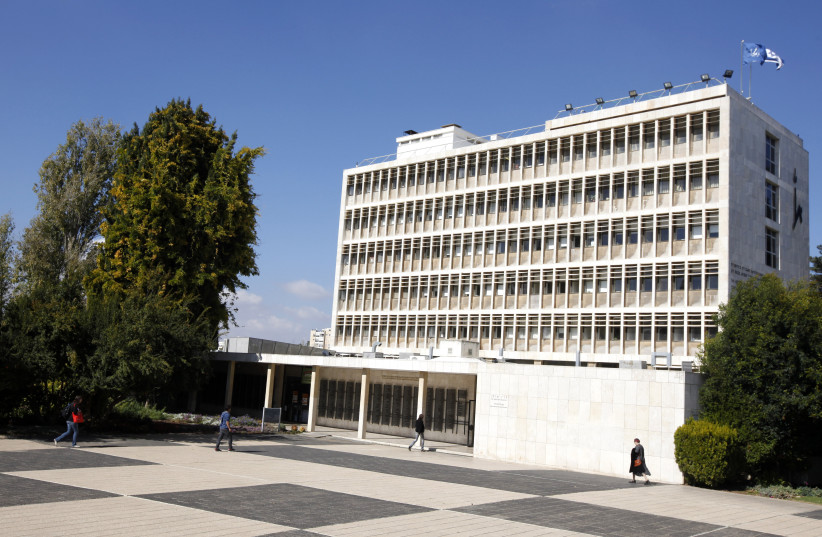There has been a massive increase in murders and crime in the Arab sector in recent years, but there has also been a significant increase in Israeli Arabs getting higher education degrees, according to what will be an annual statistical report on Arab society published on Thursday for the first time by the Israel Democracy Institute.
The report provides an overview of the changes that have taken place in Arab society in recent decades in a number of fields, including education, employment and lifestyle. It found that crime in Arab society surged with a 44% increase in the number of shooting incidents within three years.
There were 51 Arab murder victims in 2014, compared to 94 in 2019, 113 in 2020 (96 men and 17 women), and 110 in 2021 (97 men and 13 women). The number of Arab citizens wounded in shooting incidents increased more than threefold between 2016 and 2018, from 82 to 301.
The Arab education system had 437,000 pupils last academic year, which is about 24% of all students in Israel. There has been an increase in the number of students, schools and classrooms in the Arab education system.
The number of classrooms rose from 675 in 1948 to 17,726 in 2020. In the Negev, however, there is an acute shortage of schools and classrooms in Bedouin communities, and particularly in unrecognized Bedouin villages. In all the unrecognized villages, which are home to around 70,000 residents, there are only 10 elementary schools and not a single high school.

The rate of Arab undergraduate students in academic institutions in Israel has almost doubled in the last decade from 10% (22,268) in the 2010 academic year to 18.3% (43,454) in the 2020 academic year.
The proportion and number of Arab graduate students has almost tripled, from 6.5 % (3,270) in 2010 to 14.6% (9,252) in 2020. The proportion of Arabs studying for a PhD rose from 3.9% (413) in 2010 to 7.3% (855) in 2020.
The editors of the report were Dr. Nasreen Haddad Haj Yahya, Dr. Muhammed Khalaily and Dr. Arik Rudnitzky.
“The rise in the standard of living, life expectancy and education, along with the decline in fertility rates, the change in the structure of the Arab family, and the desire to realize individual aspirations at the expense of collective values are undermining traditional patterns and revolutionizing Arab society,” the editors said.
